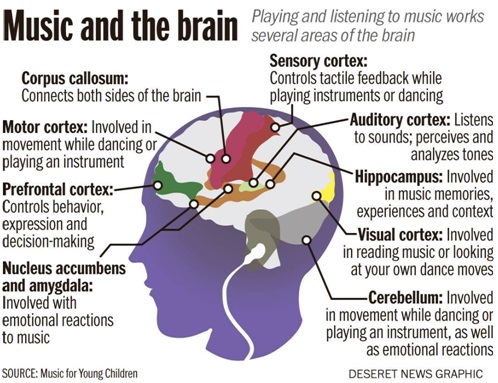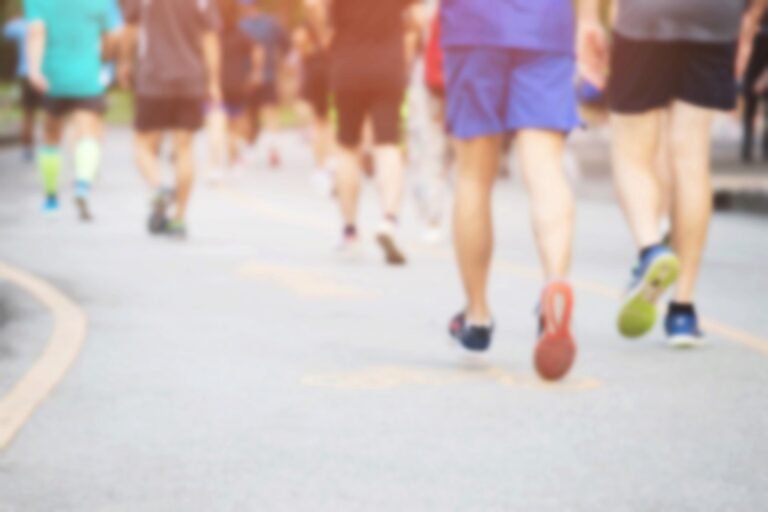Therapy for Brain Injuries: Facing the Music
“Music gives a soul to the universe, wings to the mind, flight to the imagination and life to everything.” ― Plato
I recently attended a very interesting workshop delivered by Chroma, which focused on the important role that music therapy can play in the rehabilitation of those who have suffered brain injuries.
Chroma is a national provider of art therapy, music therapy and drama therapy. Their team of therapists works with a range of organisations and professions, including solicitors, to deliver their services.
The workshop touched on the different holistic approaches to rehabilitation that are available to those who have suffered both traumatic and acquired brain injuries ― but focused mainly on a specific type of music therapy known as Neurologic Music Therapy (NMT).
Ref: https://merrymakers.org/music-brings-memories-back-to-injured-brain/
Music Therapy
Dealing with a brain injury can cause increased stress and difficulties for those who are affected. Because music evokes emotion and memories in people, it can help them to deal with their anger, anxiety or depression by increasing positive emotions. It can even help improve concentration and coordination, and can assist with basic abilities such as speech and physical movement.
Neurologic Music Therapy
NMT is an advanced type of music therapy, which uses recognised techniques to treat the brain using music and rhythm. NMT can help brain injured patients by using the musical part of the brain, which is undamaged, to encourage them to achieve goals such as re-teaching language or re-learning how to walk.
When merged with other, more traditional therapies (such as physiotherapy and speech and language therapy), NMT is seen to have quite incredible results.
- NMT and language
For instance, where someone has suffered loss of speech due to a stroke, music can create new ways of learning how to verbally communicate again.
To illustrate how this can be achieved, we watched the following short clip showing Peter’s story:
Peter’s progress is a clear example of the positive impact NMT can have on speech and language in even a short period of time – just 5 months in his case.
- NMT and mobility
Where someone’s mobility has been impaired as a result of a brain injury, music can also help to improve their ability to walk, particularly when combined with physiotherapy. This is because rhythm accesses movement centres of the brain.
Here is another clip demonstrating the power of NMT – focusing on mobility this time.
As you can see, George was only able to walk for 40 ft with a walking stick at the start of the session. After just one session, he was able to walk 250 ft, without the aid of the stick and at a much quicker pace.
Costs Benefits of NMT
The above examples demonstrate how effective NMT can be when combined with conventional therapies. Because clients respond to NMT so quickly and with such improved outcomes, the overall rehabilitation costs are often greatly reduced. When combined with traditional rehabilitation treatments, NMT is therefore a cost-effective therapy for clients with either an acquired or traumatic brain injury.
Who can access NMT?
NMT can benefit people with traumatic brain injuries (caused as a result of trauma or a blow to the head) or acquired brain injuries (present since birth or as a result of conditions such as stroke, encephalitis, brain haemorrhage or tumour). NMT can also help people with neurologic disorders such as Parkinson’s Disease, dementia, and multiple sclerosis.
How can we help?
At Bolt Burdon Kemp, we are constantly looking for new and innovative treatments that can help our clients.
If we have supportive evidence from an independent medical expert to say that you suffered a brain injury due to negligent medical treatment and that you could benefit from music therapy, then we can look to recover the costs of the therapy as part of your compensation.
Even while the claim is ongoing, we will do everything that we can to obtain interim payments from the Defendant to pay for this therapy. This means that even before your case has concluded, we can obtain a payout of some compensation to be able to cover the costs of your therapy. This can allow you to access rehabilitation early on in the claim and means you can fund therapies (such as NMT) which may not be freely available on the NHS.
Kate O’Brien is a solicitor in the Adult Brain Injury team at Bolt Burdon Kemp. If you or a loved one is concerned about the treatment you have received, contact Kate free of charge and in confidence on 020 7288 4814 or at KateO’Brien@boltburdonkemp.co.uk. Alternatively, complete this form and one of the solicitors in the Medical Negligence team will contact you. Find out more about the Adult Brain Injury team.












